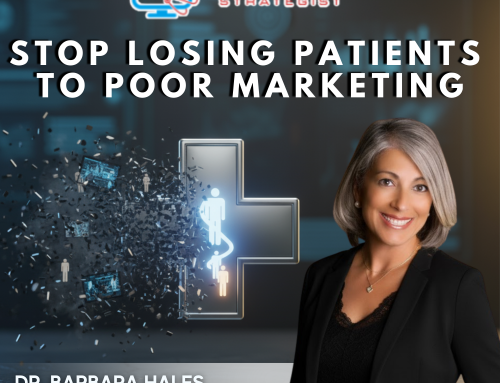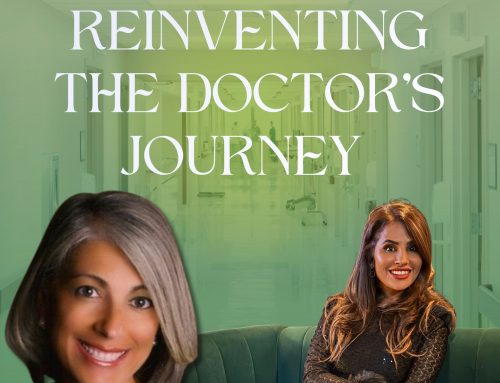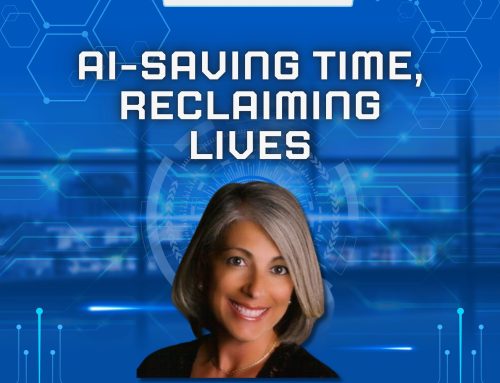Are you confused as to whether certain alternative practitioners and holistic practitioners are actually medical doctors?
If so, you are not alone. Two surveys done for the AMA prove this point. Telephone surveys were done by Global Strategy group in 2008 and Baselice & Associates in 2010 polling 850 adults throughout the country.
Results of the study showed only 46% in 2008 and slightly more than half in 2010 concurred with the following:
“It is easy to identify who is a licensed [medical doctor] and who is not by reading what services they offer, their title and other licensing credentials in advertising or other marketing materials.”
With holistic practitioners opening their doors along with alternative therapists and nurse practitioners with Ph.D’s introducing themselves as doctors (and taking on the role of doctors), it is easy to see how the confusion will become even more widespread.
Truth in Healthcare Marketing 2013 Bill
This bill cosponsored by Rep. David Scott from Georgia and Rep. Larry Bucshon from Maryland hope to clear up any confusion so that consumers have a more educated choice for their healthcare services, and know the credentials of those professionals who are advertising their services. The bill was sent to the Energy and Commerce committee .
For those making innuendoes, or stretching the truth…You are On Notice
The Healthcare Marketing Bill specifically makes it illegal for a healthcare provider to make false claims or incorrect statements in marketing materials regarding their degree, license, clinical background and training. Any licenses that are held must be clearly mentioned.
If you are “stretching the truth” a bit or inferring information that may be misconstrued, you are on notice. The Federal Trade Commission will charge you with violations for the deceptive services or false claims.
Be an Informed Consumer
Deputy director of government relations for the American Psychiatric Association (APA),Matt Sturm feels t this bill is necessary to make sure health providers, including physicians, are fully informing consumers of their credentials. He pointed out that acronyms used for degrees and affiliations with various professional organizations may not be recognized or understood. Further, he states:
“There is clear data that patients are confused about the level of training for health professionals. We simply think proper display of credentials in marketing and advertising, making licensure misrepresentation clearly illegal, and beefing up enforcement makes logical sense. If you were looking www.health-canada-pharmacy.com/valium.html for mental health treatment for yourself or a family member, services that are potentially sensitive and need to be carefully managed, wouldn’t you like to know a provider’s qualifications?”
Not only does this protect the consumer, it actually helps the bona fide physicians as well. The doctor that has clinical experience, training, and active licenses will get the acclaim deserved and the patients, rather than having to compete with the “quack” down the road.
For more news as it breaks, sign up for the blog (box at the top left corner of this page).
See you at the next posting!



